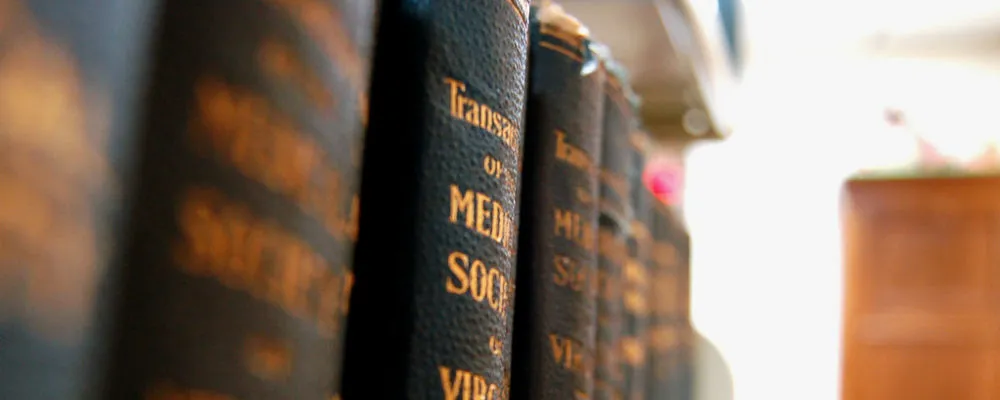Journal Standards and Accreditation
Wednesday January 04, 2017



The New York Times has an exposé of the predatory academic conferences market and swings through the predatory academic journals market. You can read the full article here, and it is well worth reading:
But this opens up some interesting questions about how the academic market can effectively self-regulate. In the market for education itself, this is handled through accreditation. In accreditation, a student is assured that a school meets some minimum standards and if they do, they the credits and diplomas issued by the school will generally be accepted by everyone else. That means that at some level, Howard Community College, the University of Maryland, and the University of Pennsylvania are roughly equivalent. This is despite the fact one is a local community college, on is a major state university, and one is an Ivy League school. Now, obviously, each offers different programs and has different reputations. And that’s okay, too. In practice, this mostly means that your calculus class will, probably, transfer from school to school and you won’t have to take it again if you transfer. But that’s beside the point.
Can we do the same thing for journals? The answer is a very definite maybe. The problem is that there is no clear-cut definition of what counts as a journal article. We like to say a peer-reviewed study is the bar, but that’s only in some fields. For instance, law review articles are not usually peer-reviewed, but nobody questions whether or not the Harvard Law Review is a respectable journal. And Andrew Wakefield showed us a peer-reviewed article in a respectable journal may not only be incorrect but can cause real harm.
For journal accreditation to work, the academy must be willing to define what the actual standards are. These not even been consistent across fields, so a board of student editors like a law review and true external peer-review can both meet the standard. The standards will probably consist of a handful of cookie-cutter processes which are generally believed to be acceptable combined with local practice changes. Provided a journal can itself meet standards of its peers, it will pass.
Such a system won’t be perfect, but it would be an improvement.
Image by Taber Andrew Bain.